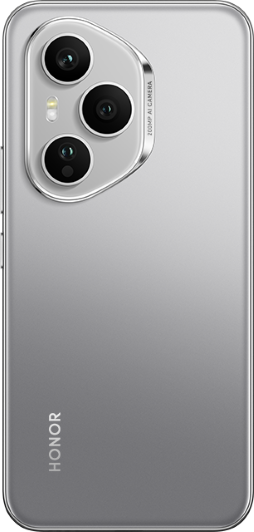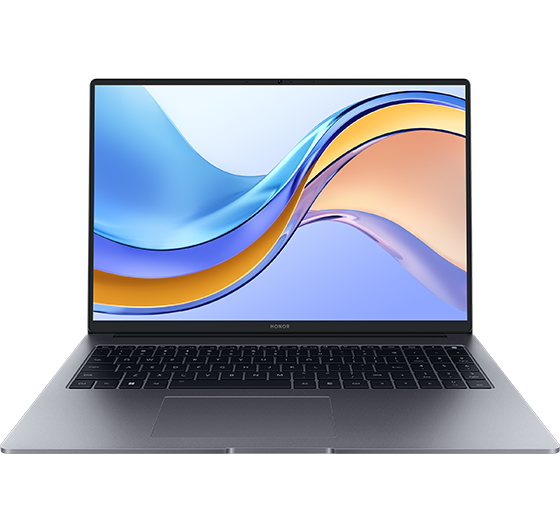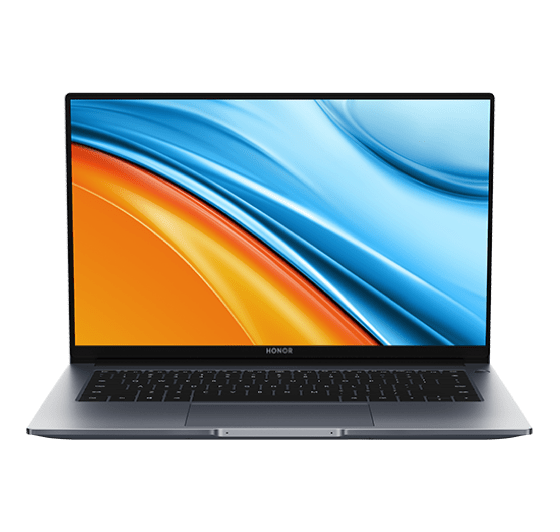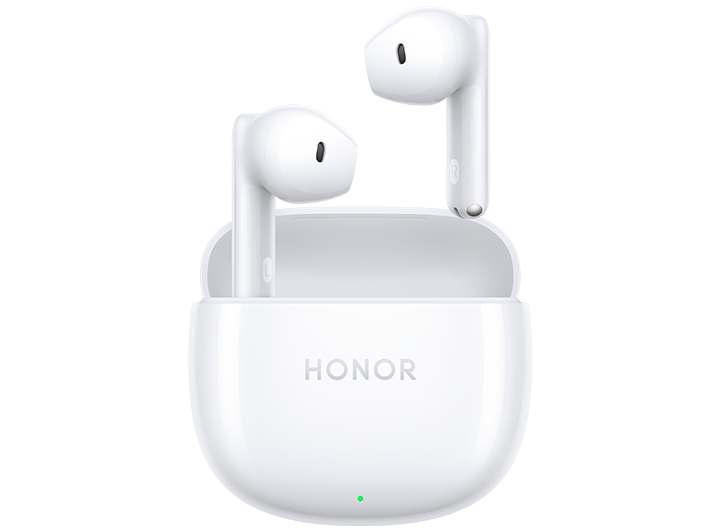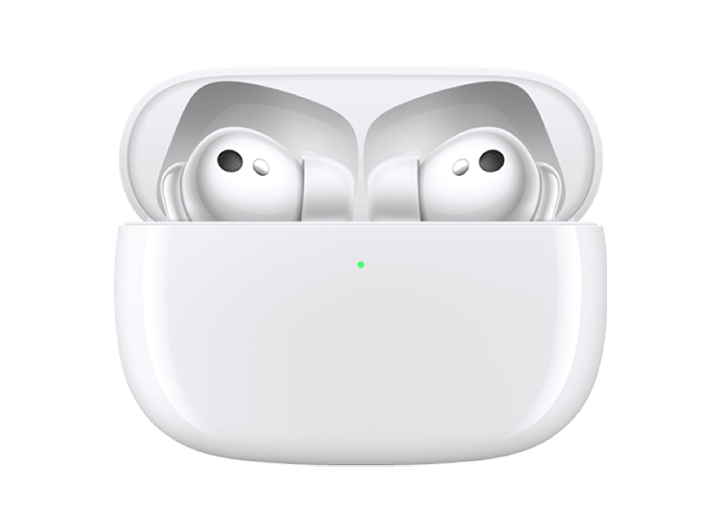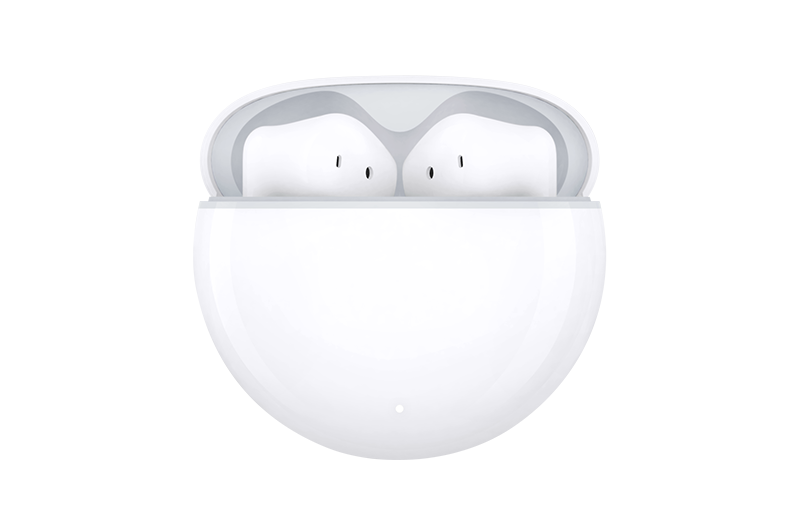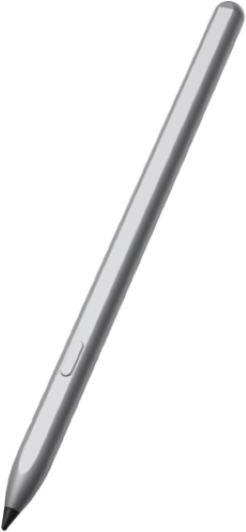TOP

我的荣耀 开启荣耀之旅
To log in to your account, you must first agree to the HONOR PLATFORM TERMS OF USE and HONOR Platform Privacy Statement. If you do not agree, you may only browse the site as a guest.

What is BPM in Smartwatch: Unveiling Health Insights
Smartwatches have become essential tools in our daily lives, especially for health-conscious individuals. One of their most vital features is BPM, or Beats Per Minute, a key metric for monitoring cardiovascular health. Understanding what is bpm in smartwatch means is crucial for anyone looking to use this technology to its full potential. It's not just about counting heartbeats; it's a dynamic measure reflecting changes in physical exertion, emotional states, and overall well-being. This guide delves into the intricate world of BPM measurement in smartwatches, exploring how this feature works, its benefits, and the ways to ensure accurate monitoring for better health and fitness insights.
What Is the Meaning of BPM in Smartwatch?
BPM stands for "Beats Per Minute," a term that signifies the number of heartbeats a person has within a minute. This metric is crucial in assessing cardiovascular health. Then, what is bpm in watch? In smartwatches, BPM is a dynamic measure, sensitive to the slightest changes in one's physical activity, emotional state, or overall well-being. Understanding the meaning of BPM in smart watch enable users to better understand their physical condition and respond to their body's needs, whether it's slowing down during a strenuous workout or recognizing signs of stress. This feature has provided valuable insights for maintaining cardiovascular health and overall well-being.
How Is BPM Measured in Smartwatch?
In smartwatches, the measurement of BPM (Beats Per Minute) is accomplished through advanced sensor technology, specifically photoplethysmography (PPG). This technique involves emitting light onto the skin and measuring the amount reflected back, which varies with blood flow. As the heart beats, the volume of blood flowing through the wrist alters, affecting the light absorption and reflection. Sophisticated algorithms then interpret these fluctuations to calculate the heart rate. The HONOR Watch 4, enhanced with an Optical Microlens Array, further refines this process. The optimized design of the microlens array significantly boosts optical performance, leading to more accurate heart rate measurements.
However, it's noteworthy that external factors like movement or poor sensor contact can impact the accuracy. These devices may not always reach the precision of medical-grade devices. Despite this, their ease of use and continuous monitoring capability make them an invaluable tool for anyone looking to keep a close eye on their cardiovascular health.
In terms of presentation, these devices typically display BPM in an easily interpretable format, often accompanied by graphical trends over time. This visualization aids users in understanding their heart rate patterns in relation to various activities or rest periods, enhancing their awareness of their physical health and fitness levels.
Benefits of Monitoring BPM in Smartwatch
Monitoring BPM (Beats Per Minute) using a smartwatch offers a myriad of advantages, enhancing one's understanding of their overall health and fitness levels. Here are some of the key benefits:
✓ Enhanced Fitness Tracking:
Smartwatches equipped with BPM monitors are invaluable for fitness enthusiasts. They allow users to precisely gauge the intensity of their workouts, ensuring they operate within optimal heart rate zones for fat burning or cardiovascular improvement. This precise monitoring can lead to more effective exercise routines.
✓ Stress Management:
By observing variations in heart rate, individuals can identify moments of high stress. This awareness is crucial, as it enables proactive management of stress through relaxation techniques or adjustments in daily activities.
✓ Health Condition Monitoring:
For those with cardiac conditions, a smartwatch that monitors BPM can be a vital tool. It provides continuous oversight of heart health, alerting users to any irregularities or concerning patterns that may necessitate medical attention.
✓ Improved Sleep Analysis:
Smartwatches often use BPM data to enhance sleep tracking. Understanding one's heart rate patterns during sleep can offer insights into sleep quality, duration, and disturbances, contributing to better sleep hygiene practices.
✓ Early Warning System:
Elevated or irregular heart rates can sometimes indicate underlying health issues. Regular monitoring of BPM can serve as an early warning system, prompting individuals to seek medical advice before more serious symptoms develop.
✓ Motivational Tool:
For those embarking on a fitness journey, tracking BPM can be incredibly motivating. Seeing tangible improvements in heart rate over time can reinforce the benefits of a healthier lifestyle.
✓ Personalized Health Insights:
Smartwatches often pair BPM data with other metrics like steps, calories burned, and more, offering a comprehensive view of one's health. This holistic approach can lead to more informed lifestyle choices and better personal health management.
However, it's important to note that while smartwatches provide valuable data, they are not a substitute for professional medical advice. Users should consider these devices as complementary tools in their health and fitness journey, not as standalone diagnostic tools.
How to Check BPM in Smartwatch?
To proficiently check your BPM (Beats Per Minute) on a smartwatch, follow these guidelines.
• Locate the Heart Rate Function: Firstly, navigate to the heart rate monitoring feature on your smartwatch. This is typically found in the health or fitness applications. Every smartwatch brand might have a slightly different path to access this feature.
• Initiate the Measurement: Once you've located the heart rate function, activate it. Some watches continuously measure your heart rate, while others require manual initiation for a reading.
• Ensure Proper Wear: For an accurate measurement, ensure that the watch is snugly fitted on your wrist. The sensor must be in close contact with your skin, but not too tight to cause discomfort.
• Remain Still During Measurement: While your heart rate is being measured, try to stay as still as possible. Movement can interfere with the accuracy of the sensor.
• Interpret the Results: After the measurement, your BPM will be displayed on the screen. This number reflects your current heart rate. It's worth noting, however, that various factors such as physical activity, emotional state, and overall health can influence your BPM.
Tips for Accurate BPM Monitoring
For achieving precise BPM (Beats Per Minute) measurements with a smartwatch, several strategies can be employed to enhance accuracy and reliability:
1. Correct Placement and Fit:
• Ensure the smartwatch is snugly fitted on your wrist, not too tight or too loose. The sensor should maintain consistent contact with the skin to accurately detect heartbeats.
2. Regular Calibration:
• If your smartwatch offers calibration settings, periodically calibrate it according to the manufacturer’s instructions. This ensures the device adjusts to your personal heart rate patterns.
3. Minimize Movement during Measurement:
• For the most accurate readings, try to stay still while your smartwatch is measuring your BPM. Excessive movement can interfere with the sensor's ability to accurately detect your heart rate.
4. Clean the Sensor:
• Keep the sensor clean. Dirt, sweat, or other substances on the sensor can hinder its ability to accurately read your heart rate.
5. Monitor at Consistent Times:
• To track changes over time, take measurements at similar times each day, such as after waking up or before going to bed. This consistency provides a more accurate picture of your heart health.
6. Understand the Limitations:
• While smartwatches are becoming increasingly accurate, they are not infallible. Be aware of their limitations and consider consulting a medical professional for precise heart rate monitoring.
7. Update Software Regularly:
• Ensure your device's software is up-to-date. Manufacturers often release updates that improve the accuracy and functionality of their devices.
8. Monitor Ambient Conditions:
• Extreme temperatures or high humidity can impact sensor performance. Be mindful of environmental factors during BPM monitoring.
Conclusion
In conclusion, understanding what is BPM in a smartwatch unveils a new era in personal health monitoring. These sophisticated devices do more than just display the number of heartbeats per minute; they offer a deeper understanding of our body's responses to daily activities, stress, and exercise. This feature empowers individuals to make informed decisions about their health and fitness routines, potentially leading to improved well-being and longevity. Smartwatches have thus become invaluable companions in our journey towards a healthier lifestyle, providing us with data-driven insights that encourage proactive health management.
FAQ
Is smartwatch's BPM accurate?
Yes, modern smartwatches, equipped with advanced sensors like optical heart rate monitors, provide accurate BPM readings. However, factors like device placement and movement can impact their accuracy.
What is the normal BPM in a smartwatch?
The normal BPM (Beats Per Minute) on a smartwatch typically ranges from 60 to 100 beats per minute for resting heart rate. However, this can vary based on individual health, fitness levels, and age. It's important to note that physical activity, stress, and other factors can cause fluctuations in BPM.
Can a smartwatch detect heart palpitations?
Many smartwatches can detect heart palpitations. They use sensors to monitor heart rate and rhythms, alerting users to unusual patterns like rapid, missed, or irregular heartbeats. However, these devices are not substitutes for medical evaluation by healthcare professionals.
Source: HONOR Club
SUBSCRIPTION
I agree to receive the latest offers and information on HONOR products through email or IM (e.g. WhatsApp) provided below and advertisement on third-party platforms. I understand that I can unsubscribe anytime according to Chapter 5 of HONOR Platform Privacy Statement.
CONTACT

Honor Technology (Malaysia) Sdn Bhd
(Registration No.: 202101003804)
1800-88-5645
9:00 AM - 6:00 PM
Copyright © Honor Device Co., Ltd. 2020-2025. All rights reserved.
We use cookies and similar technologies to make our website work efficiently, as well as to analyze our website traffic and for advertising purposes.
By clicking on "Accept all cookies" you allow the storage of cookies on your device. For more information, take a look at our Cookie Policy.
Functional cookies are used to improve functionality and personalization, such as when playing videos or during live chats.
Analytical cookies provide information on how this site is used. This improves the user experience. The data collected is aggregated and made anonymous.
Advertising cookies provide information about user interactions with HONOR content. This helps us better understand the effectiveness of the content of our emails and our website.







